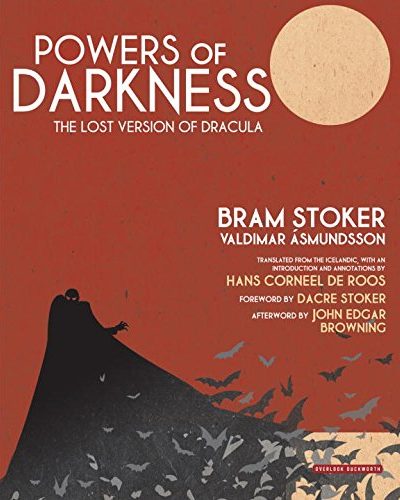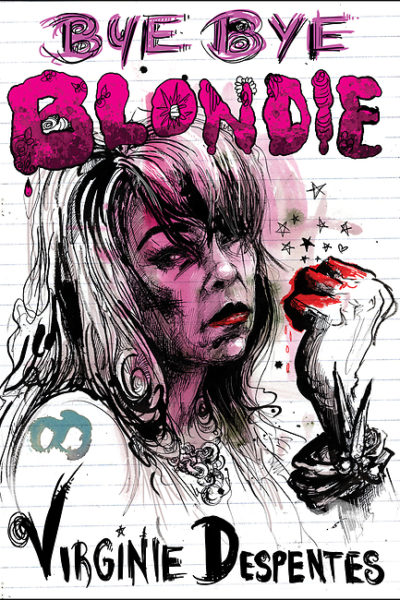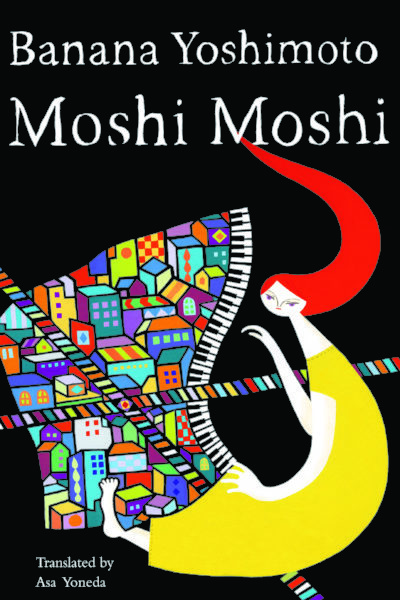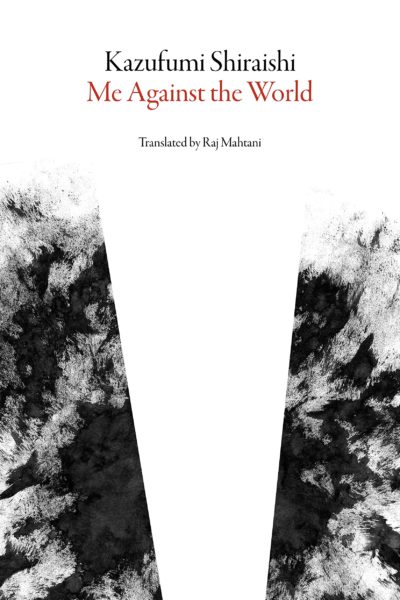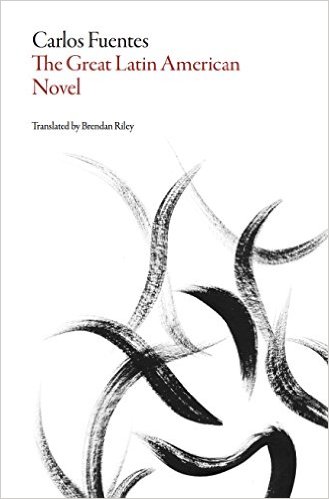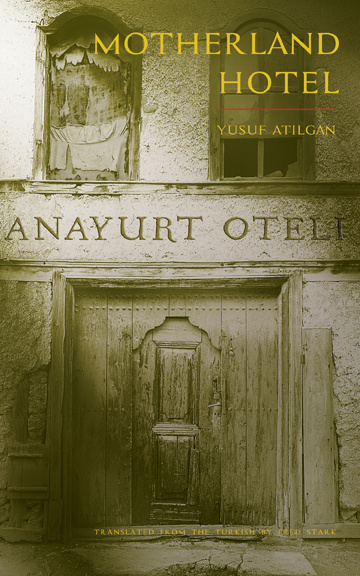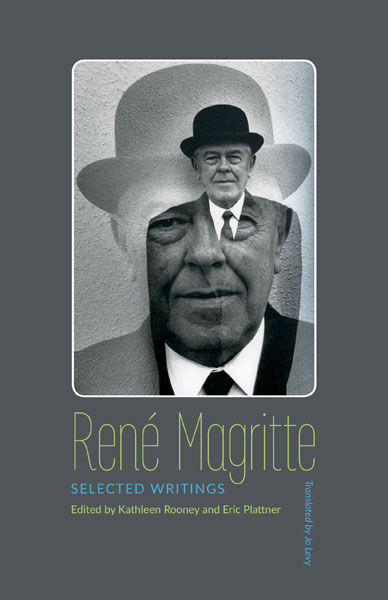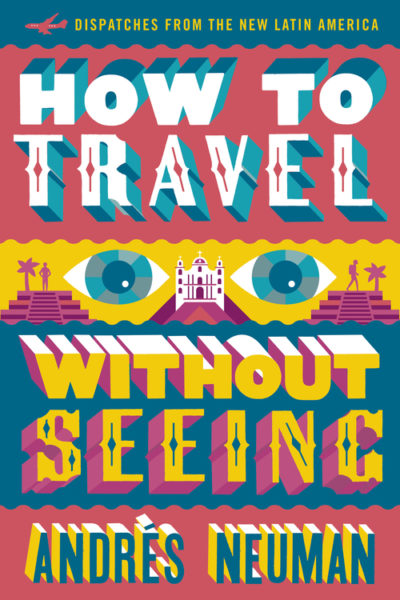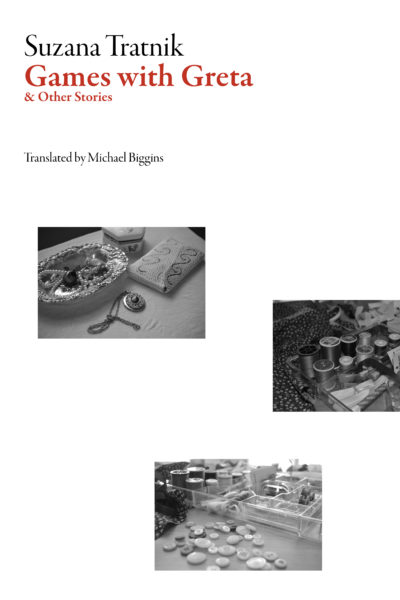Powers of Darkness – Bram Stoker & Valdimar Ásmundsson
MAKT MYRKRANNA is not precisely a translation of Dracula; or at least, it’s not what could be termed a good translation of Dracula.
Bye Bye Blondie – Virginie Despentes
Like Chris Kraus in I LOVE DICK, in this book Despentes too seems to have set out to solve the problem of heterosexuality.
Moshi Moshi – Banana Yoshimoto
Grief is a full-body experience, but so too is joy.
White Elephant – Mako Idemitsu
It’s Japanese, obviously, but, this character is too close. Too much home. Too much — ugh, if I say she’s too much like me I’ll sound like I don’t know how to read books.
Me Against the World – Kazufumi Shiraishi
Cancer is suicidal, we learn. Ghosts are only capable of uninteresting platitudes.
The Great Latin American Novel – Carlos Fuentes
What is most characteristic of this collection is this hunger for interconnectedness, a genuine belief that books are rewritings of other books, that the novel is not so novel.
Motherland Hotel – Yusuf Atilgan
I’m probably slightly more informed about Turkey than the average American. What that means in reading Motherland Hotel is that I creatively misread it.
Selected Writings – René Magritte
Even though some of his distorted figures resemble those by Dalí, and some of the cruel acts committed in his scenes recall Balthus, Magritte’s career presents a wider-reaching institutional philosophy.
How to Travel Without Seeing – Andrés Neuman
Neuman’s humor, at its best, does more than make us laugh: it reveals the absurdity of the world we live in, and the world Neuman is traveling through.
Games with Greta & Other Stories – Suzana Tratnik
Tratnik is not interested in portraying Slovenia’s queer scene as a bastion of solidarity and fellow-feeling.


